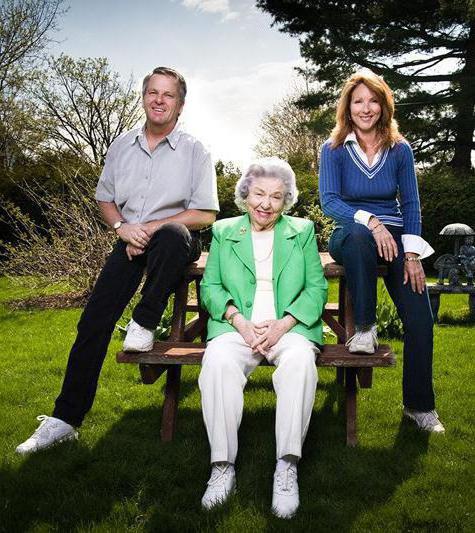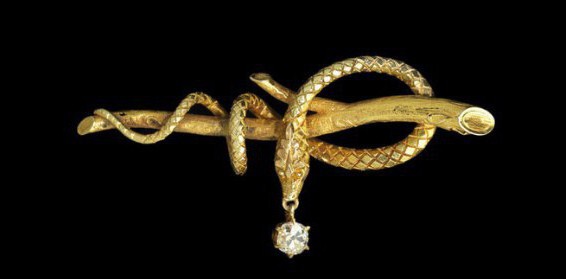For a competent and qualified professional it is usually not difficult to find a job. But being able to work well is part of the story. In order to effectively reveal its potential and fulfill its duties efficiently, it is advisable for the applicant to include the desired qualities of a good boss among the criteria for choosing a company.

A real leader will probably not satisfy all the desires of the employee, but understanding these qualities and the ability to take them into account will allow you to choose an effective strategy for behavior in the work team and in relations with superiors.
Classical portraits of leaders
Typically, the following types of leaders are distinguished: autocrat, democrat, and liberal. Some management researchers complement this foundation with border options:
- command;
- convivial
- manipulator;
- ascetic;
- the patriarch;
- charismatic.
And some psychologists offer an exploitative-authoritarian, paternalistic-authoritarian, consultative and democratic version of the idea of what a boss should be and why he is like that.
Authoritarian leadership style
Historically, the authoritarian leadership style is considered the first to this day to feel great. The authoritarian leader collects all power in one hand, and subordinates do only what the authorities command.

Naturally, in public relations when this state of affairs is not enough. People at all times needed democratic ideas, respect for rights, freedoms and their own opinions. As a result, other leadership styles formed and occupied their niches.
On the real situation of labor relations
In any case, what type of leader this or that boss belongs to, it is important only as a preliminary information collected. The specific qualities of this person are of real importance, and he directs, based on knowledge:
- about the collective entrusted to him;
- about the task assigned to him;
- and about the opportunities he has.
In general, it is human nature to respect his opinion more than the opinions of others, even more intelligent. On this simple basis, in order to achieve the desired goal, the employee will have to take appropriate steps both towards management and towards the work collective.
If a specialist wants to effectively reveal his professional potential, to avoid conflict situations and increase his well-being, diligently fulfilling his labor duties, then he should just take into account the psychological characteristics of his leader, and not dream about what the boss really should be.
Let's dwell on some types of leaders.
Features of a charismatic leader
An autocrat with charisma is like a tyrant with the gift of God. Such a boss strives for everything advanced, confident in himself, does not recognize defeats, but always listens.
As a rule, such a leader has a goal or his own idea of reality and the right path (not necessarily true). Everything else should only contribute to his plans. As a result of this “head-subordinate” relationship, they are interpreted in the opposite direction, that is, employee ideas that satisfy management plans become part of them, but authorship is not inherited.
Charisma is not the worst quality and can be confidently influenced from any work position. The main weapon: respect for the libido of the leader, a friendly assessment of his ideas, plans and leadership style.

In general, an impeccable performance of work duties and a natural desire to be a cog in the current state of affairs will make the position of the employee stable and secure.
By and large, each person is a cog in a dozen of social mechanisms. So there is nothing offensive here.
Labor diplomacy: playing etiquette and labels
The diplomatic type of leader is friendly, prefers a collective version of work, appreciates team spirit and working relations according to established, familiar rules. In such a team, as a rule, face control is mandatory, compliance with the regulations, competent speech, clean and proper paperwork are welcome.
Image is everything, thirst is nothing, but you have to put up with it. Outside the legal field, the diplomat does not work. This is his weakness. In this situation, the employee should pay attention to their appearance, the quality of the work performed and show constant respect for the established system of regulations.

The leader-diplomat is the safest niche for labor relations. Here, the employee and the work team is a significant part of the image of the boss. He will stand by the mountain for his position and its condition in front of the higher leadership and the surrounding space.
As for the employee, then constantly taking care of their own image and acting according to proven and beautiful regulations is not such a sad mission. Well, if you really don’t like something at all, you can gain useful work experience and diplomatically leave for another company.
Family at work: corporate form of government
The humanist leader does not seek to create a working collective, but a large and friendly family. Corporate parties, seminars, meetings, direct participation in solving work and personal problems - everything is confused and unstable. It is completely unclear what to consider work: family well-being or production results.

As a rule, social and domestic relations (problems) defeat every employee as soon as he goes beyond the workplace. Having a duplicate of this eight hours a day five times a week is not for everyone.
But there is also a good side to the corporate structure of a single work team. Usually, a humanistic leadership style and a “friendly family” instead of a working collective arise in self-sufficient enterprises. Everything has already been done, it remains only to accompany, provide, advise.
The problem is that it is difficult in such a team to develop creatively, to go further in mastering the profession: everything is there, everything is good and too lazy to develop further. What to do? The employee should make a strong-willed decision and use the existing position either to live and work, or to develop further.
Democracy and Hidden Diplomacy
A democratic leader appreciates a trusting relationship, creates a joint responsibility in the team for the work and success of the company. These types of leaders are not particularly keen to emphasize their role in the overall process, but will always hold on to their team and support it.

Like a diplomat, a democrat distributes his powers to the trusted part of the team, values the image and continuously analyzes the rating of employees. Production results are secondary, image and rating are primary.
Democratic forms of government are fertile ground for the opposition. The work collective and production relations develop for the time being, then without fail a peaceful or conflict revolution takes place and then again a calm democratic departure of labor duties.
We can say that for self-development and advanced training, a democratic leader is the best option. But under his leadership, in any case, the ideas of one employee will be opposed by the ideas of another, and this is already competing. Within a work collective, such a style of relationship is unlikely to be appropriate.
Leadership Styles: Understanding and Attitude
There are as many options for implementing the leadership as there are leadership positions. All of them will be special, but always any leader can be attributed to an autocrat, democrat or liberal:
- the first commands;
- the second allows;
- the third is adrift.
By the way, it is not at all necessary that the third option is weaker than the first. Firstly, everything that swims, at least, knows how to swim. Secondly, everything that is accustomed to rule is not accustomed to seeing and hearing.
Understanding what management thinks and how it works is important for each employee to determine their correct behavior. What a boss should be is a rhetorical question, but how can one be made is a practical and relevant question.
Whatever leadership style appeals to the leader, he makes decisions independently. The employee also adheres to his own ideas on how to make certain decisions. In any situation, there is a balance of interests, and someone should give way.

When looking for work, we all usually have a clear idea of what the boss should be. Question at the interview - what we can offer the new team is able to put us in a quandary. But at any job, you first need to show yourself, and only then evaluate others.